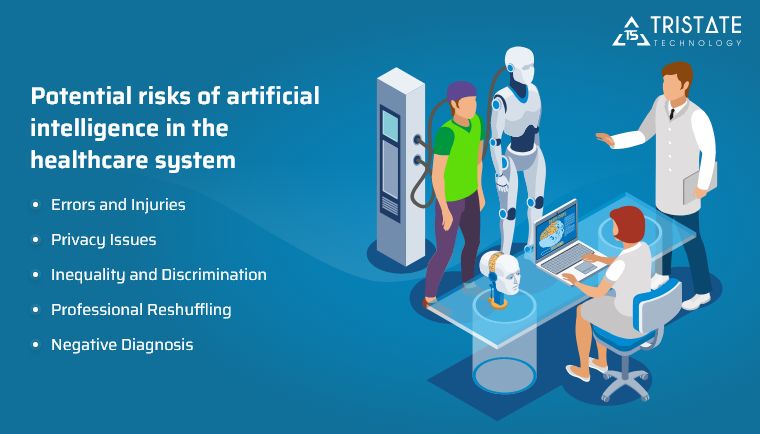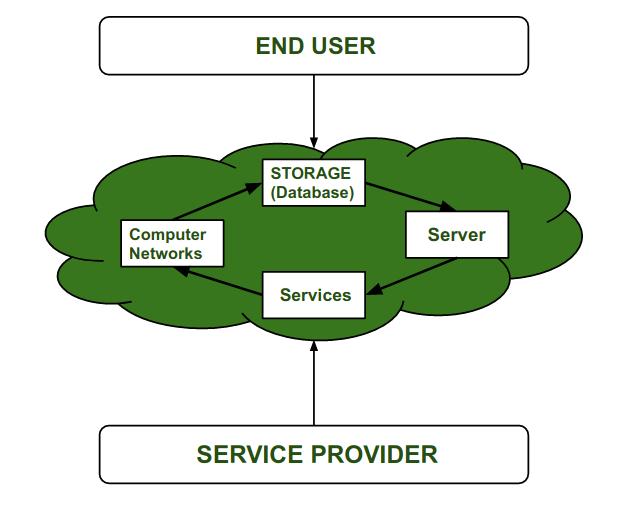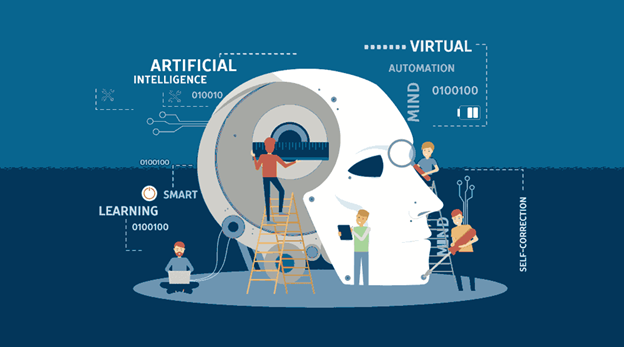Artificial intelligence (AI) is transforming healthcare in many ways, from improving diagnostic accuracy to optimizing treatment plans. However, while AI holds great promise for enhancing patient outcomes and healthcare efficiency, it is not without its drawbacks. Understanding these drawbacks is crucial to ensuring that AI is implemented responsibly and ethically in healthcare settings. This article explores some of the key challenges and limitations associated with the use of AI in healthcare.
1. Data Privacy and Security Concerns
One of the foremost concerns with AI in healthcare is data privacy and security. AI systems rely heavily on vast amounts of patient data to function effectively, including sensitive health records, genetic information, and personal identifiers. The use of such data raises significant privacy concerns, especially if it falls into the wrong hands. Cybersecurity threats are a real danger, with the potential for data breaches that could expose sensitive patient information, leading to identity theft, fraud, and other malicious activities. Ensuring the confidentiality and security of patient data is a critical challenge that healthcare providers must address when implementing AI technologies.
2. Bias and Inequality
AI algorithms are only as good as the data they are trained on. If the training data is biased or unrepresentative, the AI system may produce biased outcomes. This is particularly concerning in healthcare, where biases in AI could lead to unequal treatment of patients. For example, if an AI system is trained primarily on data from a specific demographic group, it may not perform as well for individuals from other groups, leading to disparities in care. Racial, gender, and socioeconomic biases in AI can exacerbate existing healthcare inequalities, rather than reduce them. Addressing these biases requires careful selection and management of training data, as well as ongoing monitoring and validation of AI systems.
3. Lack of Transparency and Explainability
AI systems, particularly those based on deep learning, often operate as “black boxes,” making decisions without providing clear explanations of how those decisions were reached. This lack of transparency can be problematic in healthcare, where understanding the rationale behind a diagnosis or treatment recommendation is crucial for both clinicians and patients. The inability to explain AI-driven decisions can lead to a lack of trust in these systems, making healthcare professionals hesitant to rely on them. Furthermore, in cases of incorrect or harmful recommendations, it becomes challenging to identify the source of the error and implement corrective measures.
4. Regulatory and Ethical Challenges
The integration of AI into healthcare raises complex regulatory and ethical questions. Regulatory bodies are still grappling with how to assess and approve AI systems for clinical use. Traditional regulatory frameworks may not be well-suited to evaluate the safety and efficacy of AI technologies, which can evolve and learn over time. This dynamic nature of AI presents a challenge in ensuring that these systems remain safe and effective throughout their lifecycle. Ethical concerns also arise regarding the use of AI for decision-making in healthcare, particularly in cases where life-altering decisions are made based on AI recommendations. Ensuring that AI is used ethically requires clear guidelines and robust oversight mechanisms.
5. Over-reliance on Technology
There is a risk that the growing reliance on AI could lead to the devaluation of human expertise in healthcare. While AI can assist in diagnostics and treatment planning, it is not a substitute for the experience and intuition of healthcare professionals. An over-reliance on AI could result in clinicians becoming overly dependent on these systems, potentially leading to a decline in critical thinking and clinical skills. It is essential to strike a balance between leveraging the benefits of AI and maintaining the vital role of human judgment in healthcare.
Conclusion
While AI has the potential to revolutionize healthcare, it is important to be mindful of its drawbacks. Issues related to data privacy, bias, transparency, regulatory challenges, and over-reliance on technology must be addressed to ensure that AI is used responsibly and ethically. As the healthcare industry continues to embrace AI, stakeholders must work collaboratively to develop solutions that mitigate these drawbacks, ensuring that AI enhances rather than undermines the quality of patient care.





